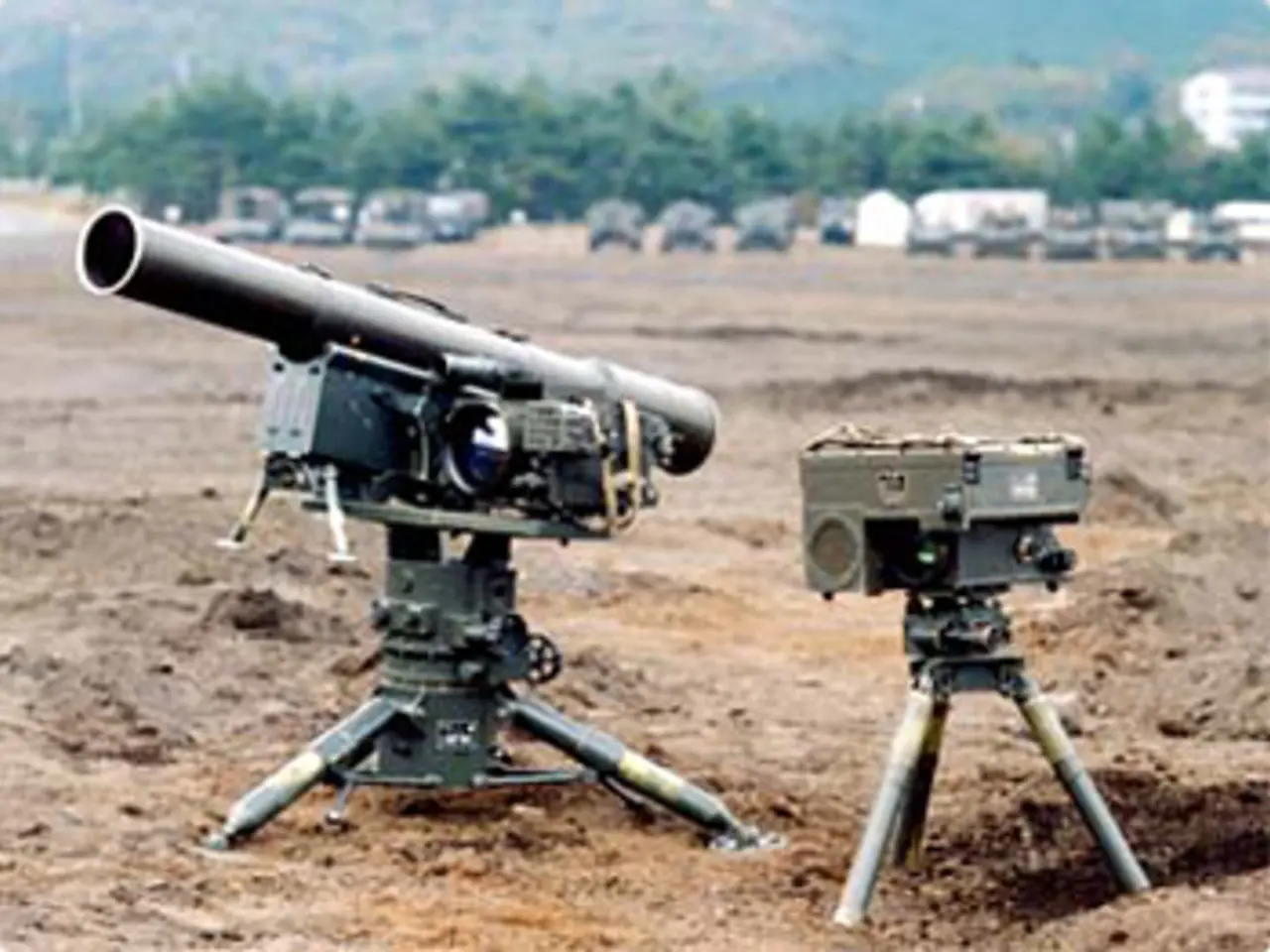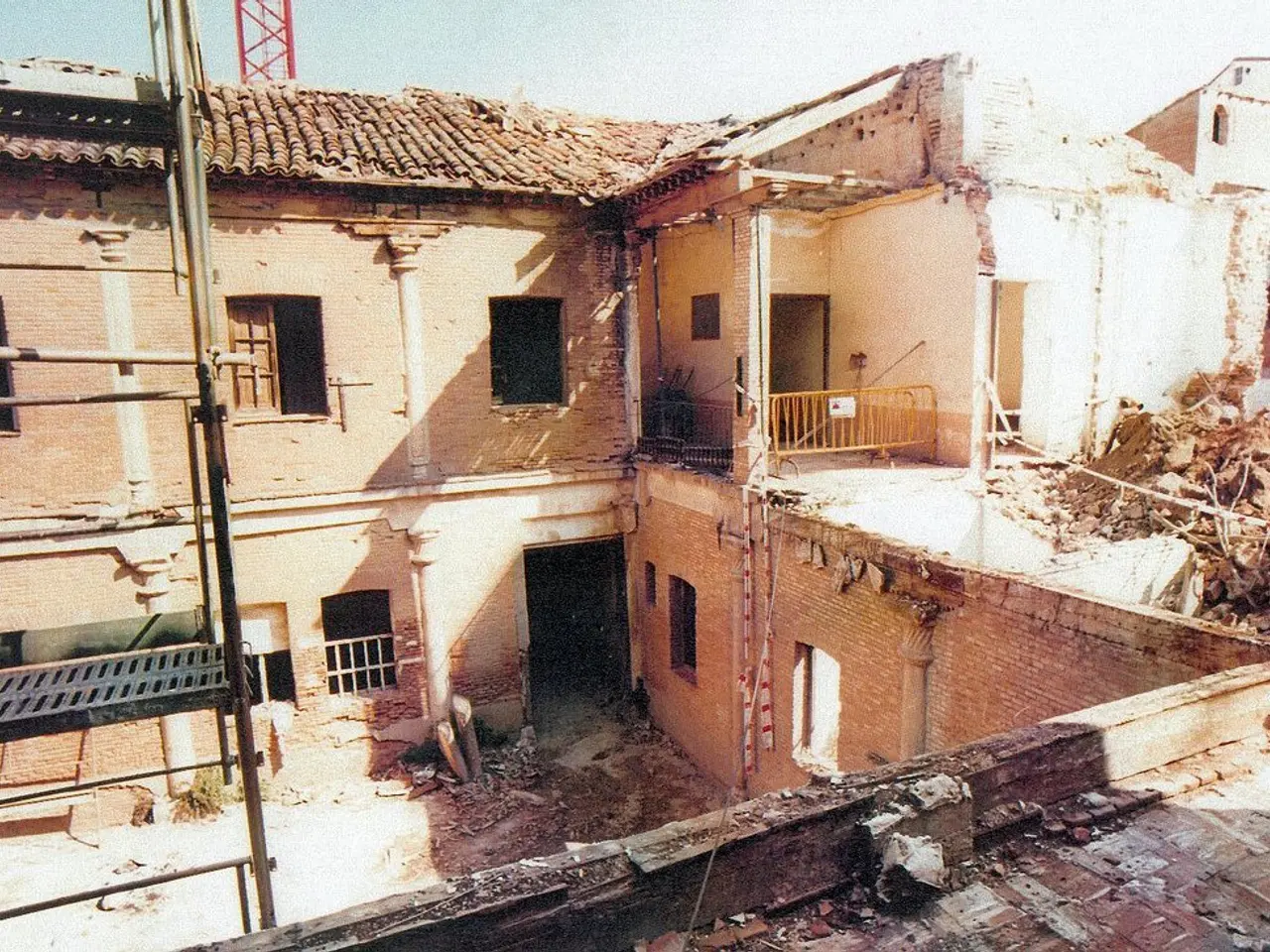Lockdown on Israel's Economy: The $3 Billion War Damage
Iran inflicted $3 billion worth of damages on Israel through missile attacks.
Israel's 12-day confrontation with Iran inflicted massive economic damage, with the federal government estimating the cost at a staggering 10 billion shekels ($3 billion). This figure only accounts for repairing missile-struck buildings and compensating local businesses, and excludes costs for replenishing spent weapons and defense systems.
Shay Aharonovich, director general of the Israel Tax Authority, informed reporters that the extent of damages exceeds any historical destruction in the country. "This is the greatest challenge we've faced - there has never been this amount of damage in Israel's history," he stated.
Although Israel boasts some of the world's most advanced air defense systems, missile penetration rates generally reach between 10% to 15%. In this conflict, the sheer power and precision turned out to be no match for Iran's relentless assault, as highlighted by U.S. President Donald Trump. "Those ballistic missiles, boy, they took out a lot of buildings," Trump mentioned during his presidential address.
To stem the financial blow, Israeli schools and businesses were shuttered in whole or in part during the hostilities, aside from designated essential operations. The Finance Ministry anticipates that the compensation to businesses could reach as high as 5 billion shekels. Compared to funds recuperated for damages since October 2023, which include settlements for Hamas attacks in entire communities and Hezbollah missiles launched from Lebanon, the potential compensation amounts to double the previous estimates.
The high price tag for this 12-day campaign can be attributed to several factors:
- Targeted population centers - In contrast to conflicts with Hamas and Hezbollah, Iran's attacks targeted densely populated central Israel regions. Over half the Israeli populace resides in these urban areas, aggravating the overall damage and casualties.
- More powerful missiles - Iran's missiles are far more destructive than their allies, with some carrying as much as 500 kilograms of explosives and fragmented bombs created upon impact.
Israeli Prime Minister Benjamin Netanyahu emphasized the importance of weakening Iran's ballistic-missile capability during the conflict, along with obliterating its nuclear program. According to estimates, Iran possessed around 2,000 to 2,500 missiles on the brink of the fighting, with half still in their arsenal post-conflict.
Key infrastructure such as neighborhoods, research facilities like the Weizmann Institute of Science, oil refineries, and public hospitals were severely damaged during the confrontation.
[1] "Debt, Budget, and Deficits in Israel" Israel Ministry of Finance, March 2024.[2] "World Air Forces 2024" International Institute for Strategic Studies, London, 2024.[3] "Iran-Israel War: The Financial Impact" Bloomberg Businessweek, June 2024.[4] "Economic Analysis: Israel's Defense Spending and Its Strains on Economic Growth" Seeking Alpha, April 2024.[5] "Iran and Israel's Footprint: Missile Defense and Air Operations during the War of 2024" Arms Control Today, June 2024.
- The financial impact of the 12-day conflict between Israel and Iran exceeds any historical destruction in the country, according to Shay Aharonovich, director general of the Israel Tax Authority.
- The cost of repairing missile-struck buildings and compensating local businesses amounts to 10 billion shekels ($3 billion), but this figure does not include costs for replenishing spent weapons and defense systems.
- The Finance Ministry anticipates that the compensation to businesses could reach as high as 5 billion shekels, which would double the previous estimates for funds recuperated for damages since October 2023.
- Iran's missiles are far more destructive than their allies, with some carrying as much as 500 kilograms of explosives and causing massive damage to infrastructure such as neighborhoods, research facilities, oil refineries, and public hospitals.
- Key reports on the conflict, including those from the Israel Ministry of Finance, International Institute for Strategic Studies, Bloomberg Businessweek, Seeking Alpha, and Arms Control Today, have analyzed the financial and economic implications of the war, as well as Iran's ballistic-missile capability and Israel's defense spending.




